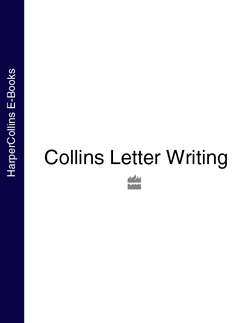Читать книгу Collins Letter Writing - Collins Dictionaries - Страница 25
ANSWERS
Оглавление1 A possible list of answers might include: sarcastic, cynical and bitter.
2 As above, plus his great wit, his good taste, his sophistication and, above all, his cleverness.
3 He is manipulative, intelligent and vain. He cares little for other people and yet is tremendously anxious about what image he strikes with them. He is selfish, cynical and thoroughly unpleasant.
This is one of the most famous fictional letters in French literature precisely because Choderlos de Laclos has managed to create a really interesting, witty and clever villain without making him in any way likeable. One of the characteristics that makes the character so menacing is that his style is so perfectly formed but, like that of Wilde’s Dorian Gray, contains a seething mass of corruption underneath. Style isn’t all. Just because the Vicomte de Valmont is, undoubtedly, clever and entertaining, that doesn’t make him nice.
Simple is best. Say what you mean. Only say it once.
The lessons one might learn from this exercise are to avoid using superfluous words and to steer carefully away from ludicrously inappropriate adjectives. It is sensible to avoid repetition wherever you can. If the reader needs to clarify your message, they may simply get the letter back out and reread it.
If you have to use adjectives, try not to use the same ones over and over again – ‘It’s lovely weather here in Bournemouth and our hotel is really lovely. We are having a lovely time.’ This is both boring and irritating to read. If you wish to emphasise a particular point it may well be necessary to repeat information but do try to vary the format, the sentence structure, or merely the order in which the words fall in the sentence. All these will make your letter more interesting to read and therefore more likely to be acted upon.
